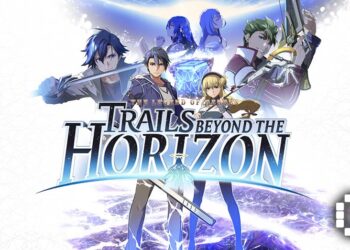This article on ‘The Problem With Video Game Movie Adaptations’ was available on 23/02/22 as part of the GamerBraves Newsletter. Sign up for free to gain access to more articles about news and trends in the gaming industry and community.
Original Article: Sony’s Uncharted movie launched last week and the reviews have mixed, with most including our own, saying it was average at best but one major criticism is that it didn’t really capture the unique charm of the game. Sure Tom Holland was dressed like Nathan Drake, but he didn’t feel like Nathan Drake to the underwhelming casting, writing, and an overall misunderstanding of what makes the Uncharted games work as a series.
While video game adaptations have gotten better over recent years, many of them are still vulnerable to the same pitfalls. So what is it about video game adaptations that make them so hard to get right?
A Tale of Two Mediums

Video game adaptions in general do not have a good reputation with many failing for the same reasons. They aren’t accurate to the source material, the plots fail to replicate the story of the games, and the special effects and costumes just look awkward and uncanny like the OG Super Mario Bros movie turning Bowser into Dennis Hopper with spikey hair.
I think it ultimately comes down to the difference in mediums and how games tell stories. Your average movie has around 2 hours to tell a cohesive story, your average game can have over 10. Many games also don’t have much story, leading the movie to fill in the gaps while still being faithful to the source material. This alone means that material will need to be changed to fit the film but I would argue that inaccuracies alone are not the problem.
Replicating The Spirit of The Game

While not every game will prioritize a good movie-like story over its gameplay, that gameplay can heavily affect how a player sees the story. Take for example the recent announcement of a Netflix adaptation of Bioshock. Bioshock does have an intriguing story about a man trapped in a decrepit underwater city. It speaks a lot about the nature of free will, deconstructing the ideas of a capitalist utopia, and has some of the best twists in gaming but a lot of that probably wouldn’t emotionally engage players as hard if it wasn’t for the fact that you actually have to walk around in it.
You (as the main character) have to survive in Rapture, fight the splicers, hear them scream in your face, and scour the various wrecked shops for every health item and ammo round you can find. It creates a sense of isolation and desperation to get out of this hellhole which makes you emotionally invested in defeating characters like city founder Andrew Ryan for putting you into this mess. There’s even a pretty big twist halfway through Bioshock that really doesn’t work outside of a video game.
Video games’ greatest strength as a storytelling medium is their interactivity. It can be used not just to develop characters but actively engage the player, making them personally feel happy, frustrated, and disappointed, all through the gameplay. That’s something that a film can’t really replicate the same way a game can. I’m not saying that the Bioshock movie will be bad but if it wants to successfully adapt the game, it has to replicate the same atmosphere in a way that a movie can convey. Cramming in Big Daddies and 1940s show tunes won’t be enough, the same way Resident Evil: Welcome to Racoon City cramming in every fan-favorite character from the first two games, was not enough (or perhaps maybe too much).
Getting It Right
Now I’d like to take a look at two video game adaptations that have been well-received: The Netflix Castlevania series and Sonic The Hedgehog. If you think about it, both of these are vastly different from their original games, games that didn’t have a lot of plot in the first place however they manage to capture what a Castlevania or Sonic movie/series should be like in the eyes of fans.
Netflix’s Castlevania is based on Castlevania 3, an NES game with a little plot beyond “Kill Dracula” but it takes the dark gothic horror atmosphere that the franchise as a whole is known for, and puts it on full display. The vast array of monsters, the sinister eldritch castle, the eternal conflict between the Belmonts and Dracula, and topped off with an art style more akin to similar dark fantasy anime like Berserk or Vampire Hunter D.
It’s the same thing with Sonic. It takes place in our world rather than Planet Mobius, with only Sonic and Dr. Eggman in the movie but yet, it understands what people like about Sonic. The young Hedgehog is fast, he’s witty, and he carries the movie the same way Sonic’s personality is a big part of the games. Despite all the changes, this important aspect was carried over perfectly.
That’s a Wrap

I’m not a director, so I can’t say what is the absolute best way to make a video game into a movie however it seems incredibly difficult. Movies and video games are ultimately very different art forms and they require different types of stories in order to convey emotion to their audience.
I’d say the most important act of an adaptation is to really understand what makes the IP unique, what makes people fall in love with it and how can the adaptation get that same reaction when it’s put on the silver screen. Without that, you get something like Mortal Kombat (2021) cramming in tons of easter eggs from across the franchise, while also forgetting to put in the actual Mortal Kombat tournament.


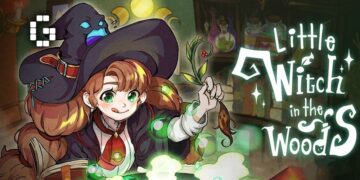
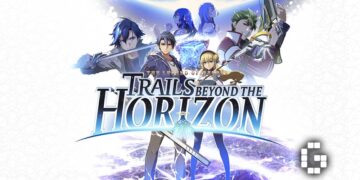

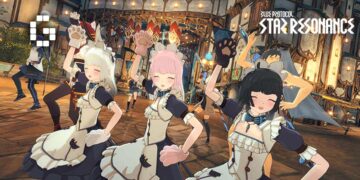


![[GUIDE] Ragnarok Crush Codes & How to Redeem Them](https://cdn.gamerbraves.com/2025/07/GUIDE-Ragnarok-Crush-Redem-Code_Guide_FI-360x180.jpg)


![[EXCLUSIVE] Creative Masterminds from Gearbox Software Reveal What Makes Borderlands 4 Worth the Wait](https://cdn.gamerbraves.com/2025/07/Borderlands-4-at-Bilibili-World-2025_Interview_FI-360x180.jpg)


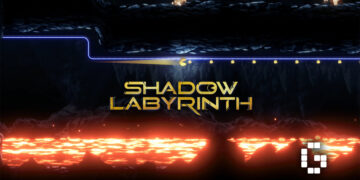

![[ASIA EXCLUSIVE] Bringing Back a Classic: Inside the Making of FINAL FANTASY TACTICS – The Ivalice Chronicles](https://cdn.gamerbraves.com/2025/06/FFT-Ivalice-Chronicles_Interview_FI2-360x180.jpg)






